
Miko Peled speaks to Father Dave
I first met Miko in person in 2011 when he came to Sydney. It was part of a world-wide tour, promoting his book – “The General’s Son”. I had actually dropped round to his home in San Diego some

I first met Miko in person in 2011 when he came to Sydney. It was part of a world-wide tour, promoting his book – “The General’s Son”. I had actually dropped round to his home in San Diego some
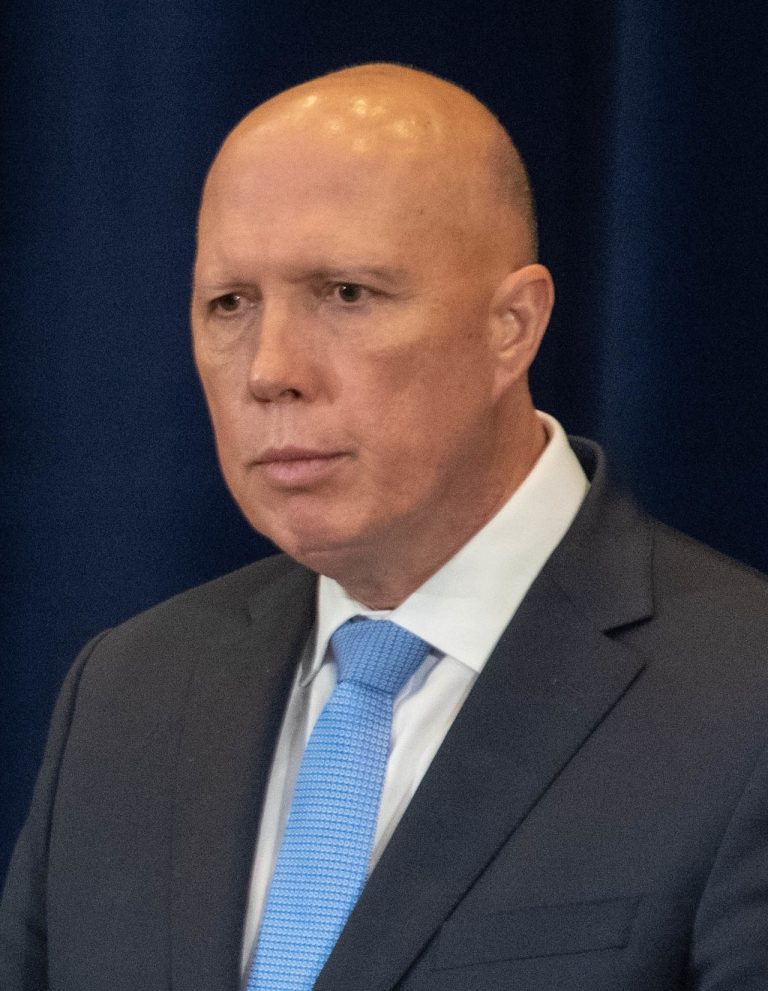
We live in a world where international politicians and diplomats cannot stop the wanton killing of children and innocent civilians – in Ukraine, Gaza, Sudan and many other places. The United

The US and its European allies fear an April 1 attack in Syria that killed several Iranian officers could push Israel and Iran to the verge of something they’ve avoided
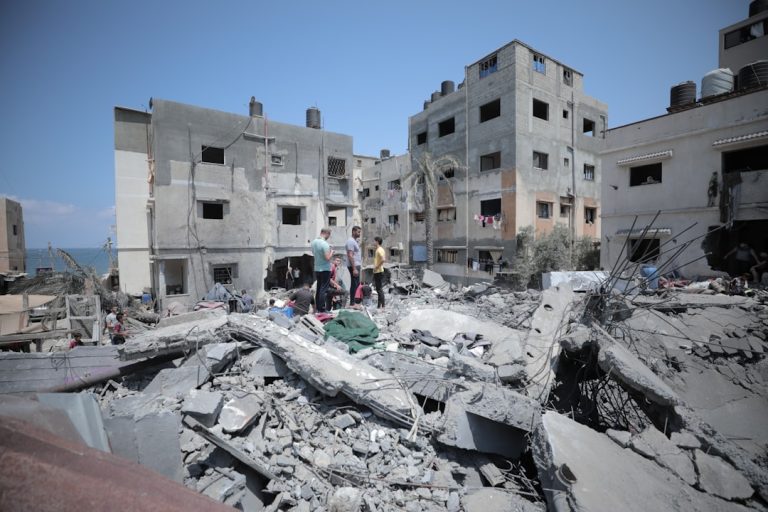
By Israel attacking known humanitarian sites, such as food centers, schools and clinics, the IDF is declaring that there is nowhere safe in Gaza, or in southern Gaza, where Israeli Prime Minister Benjamin Netanyahu had instructed all civilians to gather for safety.

By Jonathan Kuttab The United Nations Relief & Works Agency (UNRWA) is a hard working, respectable agency first created soon after the Nakba to meet the immediate needs of the Palestinian refugees who had been ethnically cleansed from Palestine in 1948. It had a unique mandate, separate from the UN High Commissioner of Refugees (UNHCR). This agency was limited to Palestinian refugees, its funding was to be raised separately from the funding of the United Nations itself, and its functions were specified to be temporary until
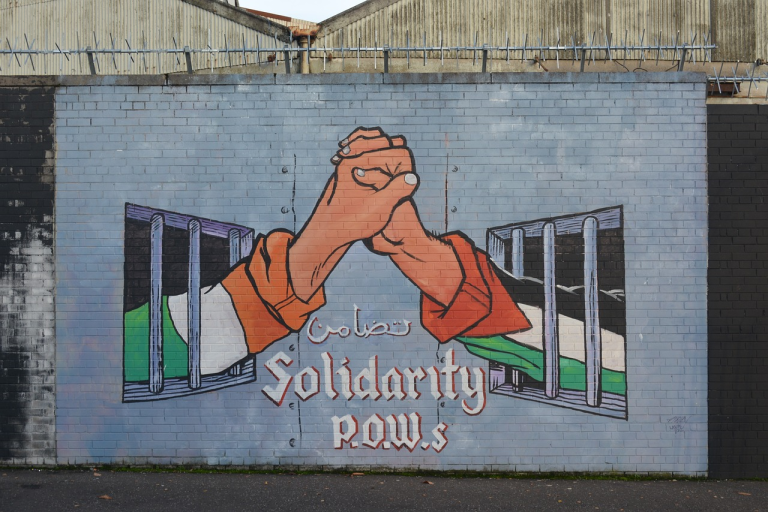
Herald Sun/27.1 2024 Justin Vallejo and Adella Beaini Its very hard to understand why the Court did not call for an immediate ceasefire but well done South Africa for being the voice of the silent majority – Mark The International Court of Justice delivered its landmark ruling on the emergency measures requested by South Africa in its genocide case against Israel over its war on the Gaza Strip. Israel vowed to fight until “total victory” against Hamas after the International Court of Justice did not call

Last week, the International Court of Justice (ICJ) heard the arguments for and against the motion
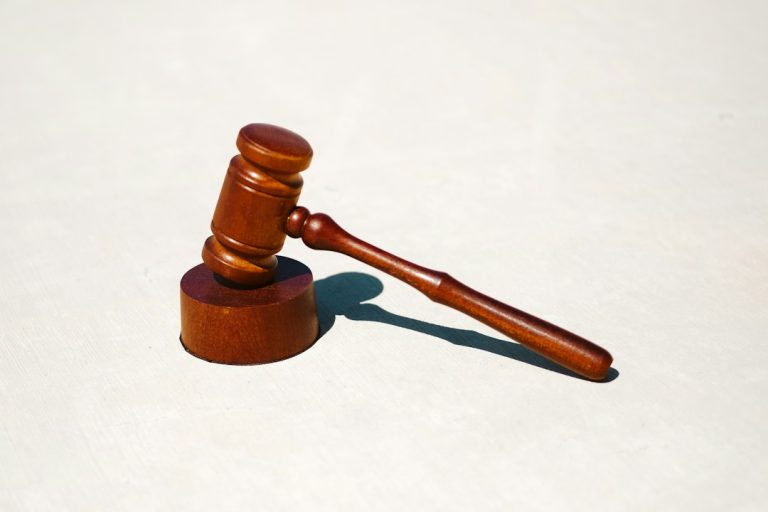
I’m republishing this post from my friend, Dr Chandra Muzaffar – president of the International Movement for a Just World (JUST). Chandra has been a long-term advocate for Palestine and is one of the best-informed people on the subject that I have ever met. Father Dave
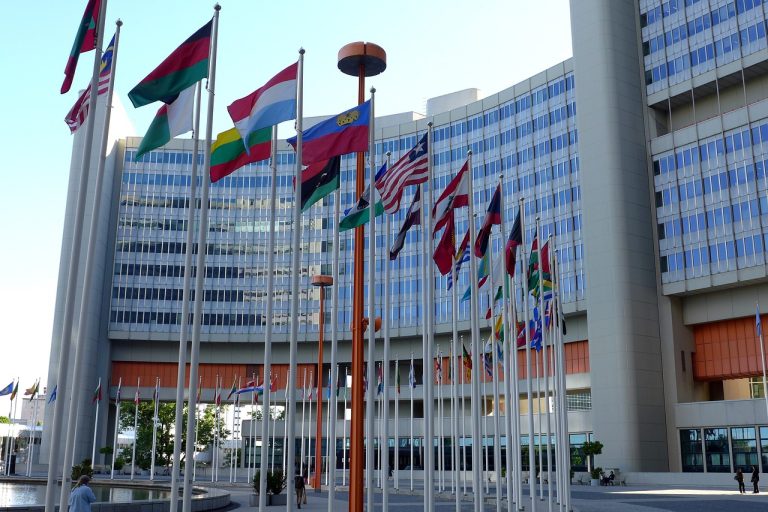
The Monthly Humanitarian Monitor | June 2011More people displaced in West Bank in first half of 2011 than in any other year since 2006. The Israeli
